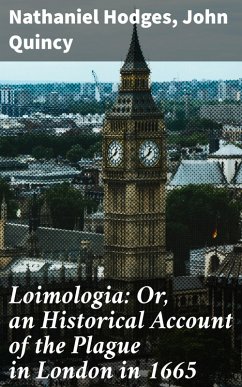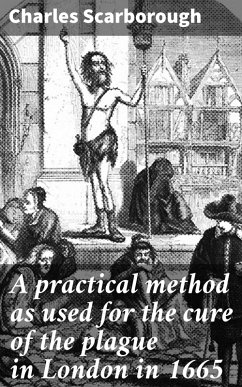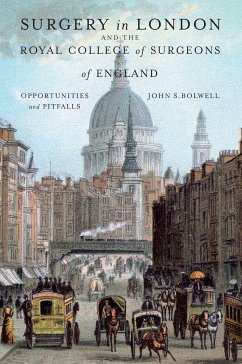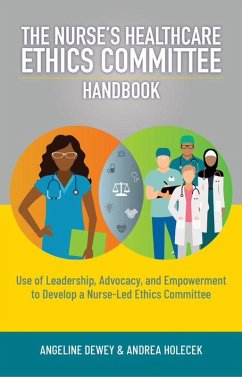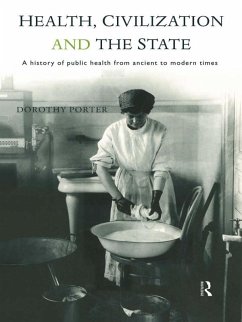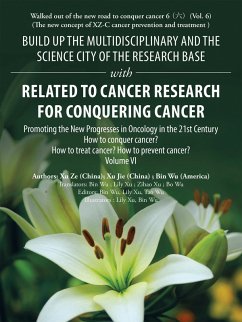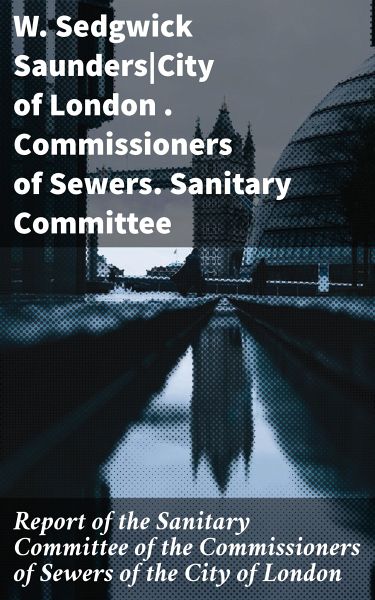
Report of the Sanitary Committee of the Commissioners of Sewers of the City of London (eBook, ePUB)
Enriched edition. With a Report of the Medical Officer of Health
Kommentar: Redwick, Hudson / Redaktion: Good Press

PAYBACK Punkte
0 °P sammeln!
The 'Report of the Sanitary Committee of the Commissioners of Sewers of the City of London' stands as a seminal exploration of urban health and sanitation in the 19th century. This collection delves into the intricacies of waste management, public health initiatives, and municipal policies that shaped modern urban life. With an engaging range of reportage and analysis, the anthology captures the urgency and complexity of sanitation during a pivotal time in London's development. Balancing technical precision with accessible narrative, the collection documents the city's response to the pressing...
The 'Report of the Sanitary Committee of the Commissioners of Sewers of the City of London' stands as a seminal exploration of urban health and sanitation in the 19th century. This collection delves into the intricacies of waste management, public health initiatives, and municipal policies that shaped modern urban life. With an engaging range of reportage and analysis, the anthology captures the urgency and complexity of sanitation during a pivotal time in London's development. Balancing technical precision with accessible narrative, the collection documents the city's response to the pressing challenges of disease and infrastructure with descriptive power and analytical depth. Contributions from W. Sedgwick Saunders and the Commissioners of Sewers reflect a rich tapestry of expertise and deliberation. As societal stewards during a time of rapid industrialization and population growth, these contributors provide invaluable insights into the public health movement that paralleled the era's heightened awareness of social responsibility. This anthology resonates with the vitality of historical discourse, shedding light on the evolution of urban environmental policy and the multifaceted efforts to safeguard community health in Victorian London. This exemplary collection is a recommended read for those fascinated by the confluence of history, urban studies, and public health. It opens a window into the past, offering readers a chance to experience the intersection of diverse ideas and practices that continue to influence contemporary urban planning and health policies. Engaging with this body of work enriches an understanding of how collaborative efforts and informed governance emerge as powerful agents of societal change. In this enriched edition, we have carefully created added value for your reading experience: - Hand-picked Memorable Quotes shine a spotlight on moments of literary brilliance. - Interactive footnotes clarify unusual references, historical allusions, and archaic phrases for an effortless, more informed read.
Dieser Download kann aus rechtlichen Gründen nur mit Rechnungsadresse in A, B, BG, CY, CZ, D, DK, EW, E, FIN, F, GR, H, IRL, I, LT, L, LR, M, NL, PL, P, R, S, SLO, SK ausgeliefert werden.




